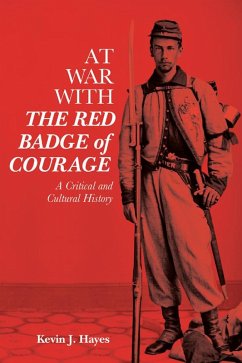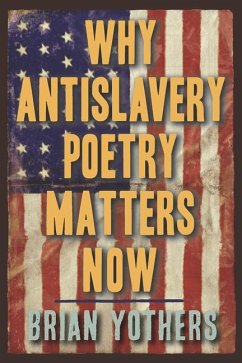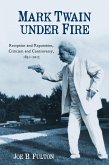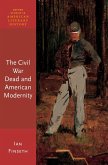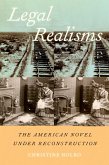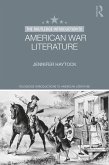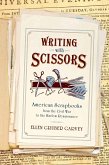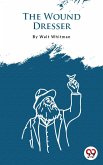The story of the critical reception of Crane's great Civil War novel from its publication to the present, with particular attention to the effects of later wars on that reception.
Stephen Crane's masterpiece The Red Badge of Courage was a sensation when it first appeared in 1895: many readers were astonished that this upstart, born after the Civil War, had written the single best novel on the subject. It remains one of the best books on the experience of war in American literature. Since its publication, The Red Badge has been repeatedly subjected to new scrutiny - not only by the passing of time and the changing of critical trends, but by every new war - to see if Crane's story still holds its power. So far, it has done so, not just in the eyes of literary critics but also among soldiers. The two world wars, Korea, Vietnam, the Gulf War, and the wars in Iraq and Afghanistan: all these have shaped the book's critical reception; and veterans, many of whom have commended Crane's insight into the experience of battle, have significantly affected how it has been read and understood. After World War I, Red Badge was closely associated with modernist novels written by those with wartime experience, Ernest Hemingway most importantly. After World War II and Korea, the book resonated with the manyveterans the G.I. Bill brought into the classroom to study American literature, some of whom became critics themselves. And during and after Vietnam and the other controversial wars that have followed, Crane's book has continuedto call forth a steady stream of critical response. Kevin J. Hayes's book is the story of the critical reception of The Red Badge both in and out of war.
Hinweis: Dieser Artikel kann nur an eine deutsche Lieferadresse ausgeliefert werden.
Stephen Crane's masterpiece The Red Badge of Courage was a sensation when it first appeared in 1895: many readers were astonished that this upstart, born after the Civil War, had written the single best novel on the subject. It remains one of the best books on the experience of war in American literature. Since its publication, The Red Badge has been repeatedly subjected to new scrutiny - not only by the passing of time and the changing of critical trends, but by every new war - to see if Crane's story still holds its power. So far, it has done so, not just in the eyes of literary critics but also among soldiers. The two world wars, Korea, Vietnam, the Gulf War, and the wars in Iraq and Afghanistan: all these have shaped the book's critical reception; and veterans, many of whom have commended Crane's insight into the experience of battle, have significantly affected how it has been read and understood. After World War I, Red Badge was closely associated with modernist novels written by those with wartime experience, Ernest Hemingway most importantly. After World War II and Korea, the book resonated with the manyveterans the G.I. Bill brought into the classroom to study American literature, some of whom became critics themselves. And during and after Vietnam and the other controversial wars that have followed, Crane's book has continuedto call forth a steady stream of critical response. Kevin J. Hayes's book is the story of the critical reception of The Red Badge both in and out of war.
Dieser Download kann aus rechtlichen Gründen nur mit Rechnungsadresse in A, D ausgeliefert werden.
Hinweis: Dieser Artikel kann nur an eine deutsche Lieferadresse ausgeliefert werden.

